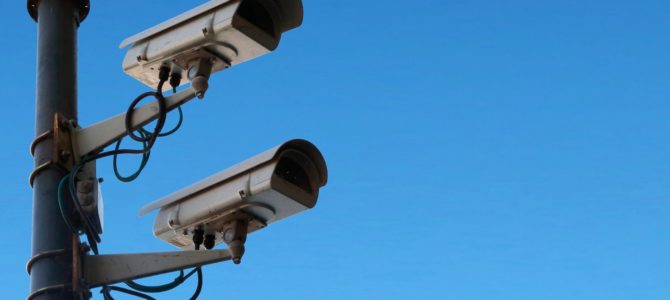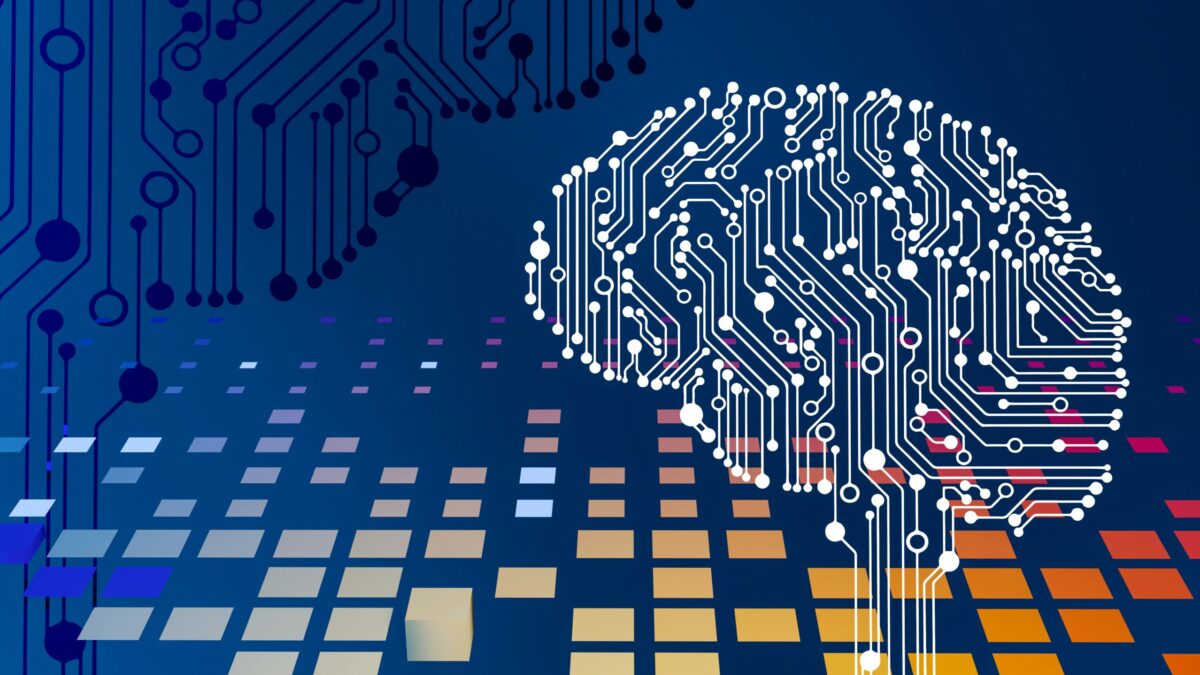
News reports about Britney Spears being a one-woman surveillance state are troubling on many levels. A recent New York Times investigation uncovered the details. According to a whistleblower, the pop star’s father monitored her every move, then used that information to manipulate or directly control her. This was done under the guise of a court-ordered conservatorship and implemented by Black Box, a private security firm.
The public was shocked by the degree of invasion Spears endured. But considering how thoroughly each of us is digitally tagged, tracked, and fed into the algorithmic mill, her story should be all too familiar. The only difference is, for the moment we still have a choice.
If fans in the “Free Britney” crowd are correct, then her spying father exploited and abused his own daughter for profit. It’s a warped phenomenon, difficult for normal people to imagine, but all too common in the entertainment industry. Then again, even if Britney’s father hacked her smartphone, tracked her boyfriends, and bugged her bedroom for the singer’s own good, the entire scenario is still sickening.
The desire for privacy is intrinsic to human nature. Most of us enjoy the sense we’re organic creatures exploring the world, our secrets known only to a forgiving God and the infernal Accuser. Few want to live in a prying digital landscape that’s secretly exploring us.
The Lost Art of Keeping a Secret
Skeptics are quick to dismiss privacy concerns as paranoid. “You aren’t that interesting,” they often say. Maybe it’s wishful thinking.
If regular people were not that interesting, then Google, Facebook, Amazon, Twitter, Microsoft, Zoom, countless third-party data brokers, and the intelligence agencies that enjoy backdoor access wouldn’t be vacuuming up the details of our lives. If these companies were merely trying to improve their products, they wouldn’t pretend they weren’t spying—only to get caught time and time again.
It’s not that they want to know everything about you, as an individual. At least, you’d better hope not. Rather, it’s the value of our data in the aggregate that draws them.
“If artificial intelligence is the new electricity, big data is the oil that powers the generators,” Kai-Fu Lee wrote in his 2018 book “AI Superpowers: China, Silicon Valley, and the New World Order.” The Chinese tech CEO is quite pleased to drill that oil out of our souls. From his perspective, this civilizational shift toward technocracy is “inevitable.” He’s hardly alone.
The more information that corporations, governments, employers, or stalkers can gather about our outward habits and inner worlds, the more easily they believe they can manipulate our thoughts and behavior. To the extent that machine learning systems can process this flood of data, there’s no limit to the power one can wield over any population or individual.
Under mass surveillance, we are all Britney Spears, except we can turn our bugs off — for now. As the Western approach begins to mirror China’s social credit system, where one’s livelihood and privileges depend on submission to constant monitoring, you have to wonder how long Americans will have the choice to opt-out.
For instance, the same day the NYT broke the pop star’s harrowing story, the Washington Post published an article entitled “Keystroke tracking, screenshots, and facial recognition: The boss may be watching long after the pandemic ends.” In the New Normal, white-collar employees are having 1984-style telescreens forced into their homes through company spyware.
We see a similar trend in the development of QR code vaccine passports in New York, implemented by biometric companies like Clear, whose open objective is to create a fully integrated bio-digital identification system.
War is peace. Freedom is slavery. “Safety” is submission.
Secure in the Amazon Panopticon
No corporation has done more to normalize in-home surveillance and biometric tracking than Amazon. With one click and a few hundred bucks, anyone can become a superstar in her own personal police state.
Last week, Amazon’s subsidiary company Ring launched an invitation-only pilot for its Always Home Cam. The device is a small drone that lifts off from its countertop cradle to hover around your house along predetermined flight paths. Its purpose is to record the details of your inner sanctum with an onboard camera. At this point, Amazon is openly mocking privacy advocates.
This home drone can be synced with the Ring doorbell camera, which allows law enforcement—as well as multiple third-party trackers—to watch over your neighborhood and personal habits. Ring has contemplated adding facial recognition technology, too, but is holding off after people freaked out at the idea.
Instead, the power of facial recognition is reserved for Amazon’s new bug-eyed snoop, Astro. Not only does this wheeled creature use infrared and ultrasound to map your home, it employs a visual ID system to recognize you, your friends, and your family members.
Animated by everyone’s favorite eavesdropper, Alexa, the robot also listens to your personal conversations, ostensibly waiting for her “wake word.” You never know when you’ll need answers to life’s big questions, and besides, Amazon and various third-party developers might have a few questions about you.
While visiting family a few years ago, I was shocked to find an Amazon Echo on their living room shelf. As usual, they accused me of being paranoid. “Alexa,” I barked at the device, “how do you feel about Big Brother?”
“Amazon protects customers’ privacy,” it shot back, “and is very careful with sensitive information.” Something like that. At least the little monster has a sense of humor.
Perhaps the most nauseating product on offer is the Amazon One biometric payment system. Once you’ve scanned your unique palm print, Amazon links that information to your personal identity and credit card. “One way to unlock the world,” the website entices, “powered by your palm.” For the armies of germaphobes created by COVID-19 scaremongering, Amazon assures customers “you won’t have to touch anything to use it.”
Two weeks ago, Amazon One announced that Red Rocks Amphitheater in Denver, Co. will implement these digital palm-readers for ticketing. Savvy concert-goers can use it to enjoy expedited entry. In fact, the system is already installed in Amazon 4-Star retail outlets and Whole Foods grocery stores across the United States.
“You are in control,” the company promises. After scanning your palm at the door, ubiquitous cameras monitor your every step and every item you touch, allowing you to walk out the door without ever speaking to a human being. The only thing you leave behind is a piece of your soul.
The Data Priests Under Your Bed
In his articulate testimony before the U.S. Senate Subcommittee on Antitrust, Competition Policy, and Consumer Rights, the political philosopher Matthew Crawford warned about the dangers of in-home spy devices. Judging from Amazon’s recent rollouts, the only people who listened were tech developers in Seattle and Silicon Valley.
“The business rationale for the smart home,” Crawford told Congress, “is to bring the intimate patterns of life into the fold of the surveillance economy, which has a one-way mirror quality. Increasingly, every aspect of our lives—our voices, our facial expressions, our political affiliations, and intellectual predilections—are laid bare as data to be collected by companies who, for their own part, guard with military-grade secrecy the algorithms by which they use this information to determine the world that is presented to us.”
Crawford even highlighted a “smart bed” whose privacy policy once openly stated it could transmit “audio in your room.” When the world learned that Spears’s father had installed a similar device in her bedroom, it was condemned as an affront to human dignity. Somehow, normal citizens integrating bugs into their “smart home” is just a matter of efficiency and convenience.
Presently, we have the choice to purchase these devices or not. As monitoring systems become more integrated and opting out flags you as a “person of interest,” that freedom will certainly fade.
Proponents of mass surveillance often ask, “What do you have to hide?” Knowing the nature of predation, the interrogation should be reversed. It doesn’t matter if you’re a scoundrel behind closed doors or just a big dork who sings to his dog. The real question we should be asking is, “Why do you want to know?”









